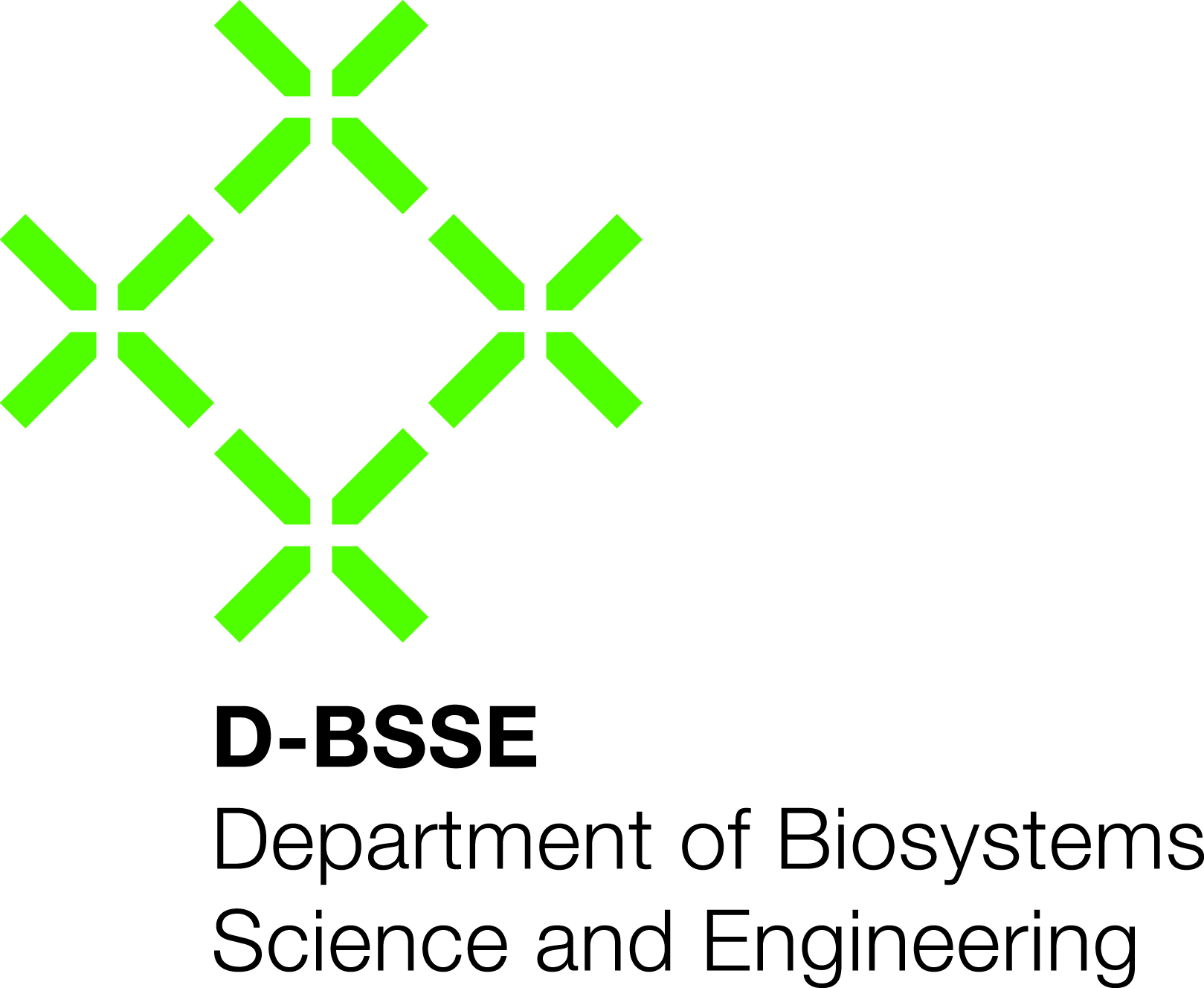Team:ETH Zurich/Experiments
From 2013.igem.org
(Difference between revisions)
| Line 4: | Line 4: | ||
<h1>Cloned constructs</h1> | <h1>Cloned constructs</h1> | ||
| - | <p>For the final Colisweeper circuit we plan a four plasmid system. The mine cells constitutively express LuxI and NagZ. In the Non-Mine cells LuxR and PhoA are expressed constitutively whereas Aes and GusA are expressed from pLux promoters with different sensitivities. To get to this system we tested different versions of the circuit with GFP. In the following table we list all the | + | <p>For the final Colisweeper circuit we plan a four plasmid system. The mine cells constitutively express LuxI and NagZ. In the Non-Mine cells LuxR and PhoA are expressed constitutively whereas Aes and GusA are expressed from pLux promoters with different sensitivities. To get to this system we tested different versions of the circuit with GFP. In the following table we list all the biobricks we used, the plasmids we cloned and what experiments we used them for. In general we used standard biobrick cloning techniques which you can find in the Methods section. Whenever we used PCR gene amplification for cloning, we list the primers used in the following table.</p> |
[[File:Plasmidmap.png|1050px|left|thumb|<b>Figure 1. Transformed plasmids for mine cells and non-mine cells </b>]] | [[File:Plasmidmap.png|1050px|left|thumb|<b>Figure 1. Transformed plasmids for mine cells and non-mine cells </b>]] | ||
Revision as of 18:46, 19 September 2013
Cloned constructs
For the final Colisweeper circuit we plan a four plasmid system. The mine cells constitutively express LuxI and NagZ. In the Non-Mine cells LuxR and PhoA are expressed constitutively whereas Aes and GusA are expressed from pLux promoters with different sensitivities. To get to this system we tested different versions of the circuit with GFP. In the following table we list all the biobricks we used, the plasmids we cloned and what experiments we used them for. In general we used standard biobrick cloning techniques which you can find in the Methods section. Whenever we used PCR gene amplification for cloning, we list the primers used in the following table.
| Sender cells / OHHL expressing systems |
|---|
| Pcons-LuxI (1) (Strong) |
| Pcons-LuxI (2) |
| Pcons-LuxI (3) |
| Pcons-LuxI (4) (Weak) |
| Receiver cells / OHHL detecting and processing systems | |
|---|---|
| Fluorescent reporter system | Enzyme reaction-based reporter system |
| PJ23100-LuxR-PluxR-GFP | PJ23100-LuxR-PluxR-LacZ |
| PJ23100-LuxR-PluxR-YFP | PJ23100-LuxR-PluxR-Aes |
| PJ23100-LuxR-PluxR-CFP | PJ23100-LuxR-PluxR-GusA |
| PJ23100-LuxR-PluxR-PhoA | |
| PJ23100-LuxR-PluxR-NagZ |
 "
"






